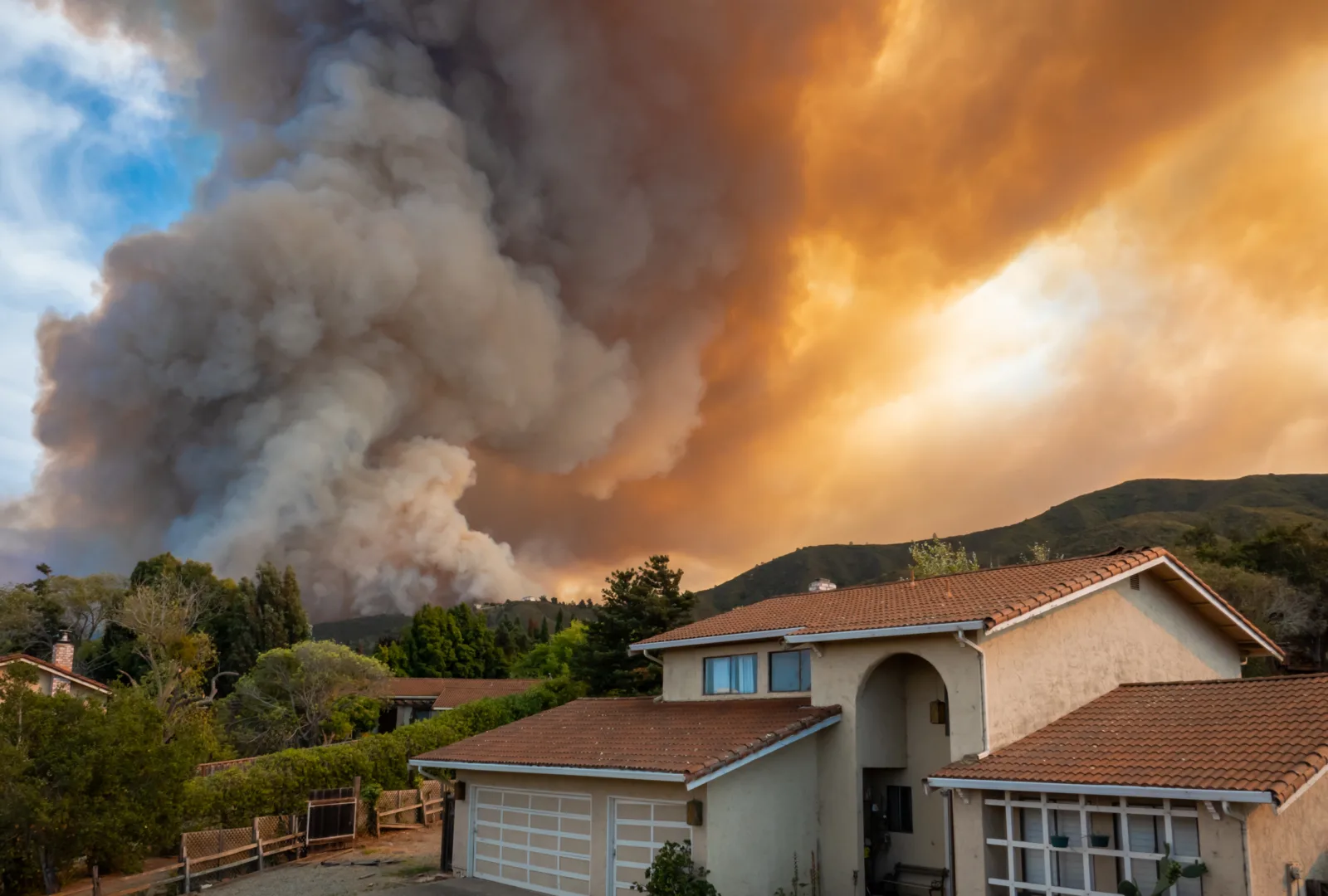Climate Change: The Greatest National Security Threat to the United States
In the future, climate change, if not addressed in time, risks destroying the United States along with the whole of modern civilization. Already in the next few decades however, climate change threatens to ravage vulnerable states around the world, create a new wave of mass migration from Central America, and undermine key U.S. allies. In a forthcoming brief based on his recent book, Climate Change and the Nation State, Quincy Institute senior fellow Anatol Lieven argues that climate change is a threat to American interests and the American people that dwarfs those presented by adversaries such as China, Russia, or Iran, and that it should be treated as a far greater priority by the U.S. foreign policy and security establishment. On a panel to discuss his paper, Lieven will be joined by Neta Crawford, Professor and Chair of the Department of Political Science at Boston University, and John Conger, Director Emeritus of the Center for Climate and Security, Senior Advisor to the Council on Strategic Risks, and Senior US Advisor to the International Military Council on Climate and Security (IMCCS). Quincy Institute Director of Studies Sarang Shidore will moderate. The discussion will take place on Wednesday, October 27, from 10 to 11 am ET.
Topics
Panelists
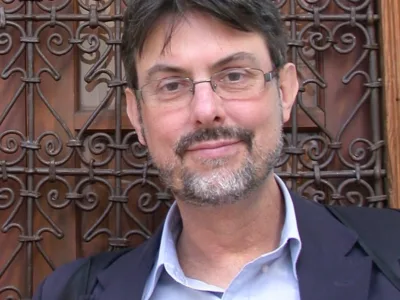
Anatol Lieven
Anatol Lieven is senior research fellow on Russia and Europe at the Quincy Institute for Responsible Statecraft. He was formerly a professor at Georgetown University in Qatar and in the War Studies Department of King’s College London. He is a member of the academic board of the Valdai discussion club in Russia, and a member of the advisory committee of the South Asia Department of the British Foreign and Commonwealth Office. Lieven worked as a British journalist in South Asia, the former Soviet Union and Eastern Europe, and is author of several books on Russia and its neighbours. He holds a BA and PhD from Cambridge University in England.
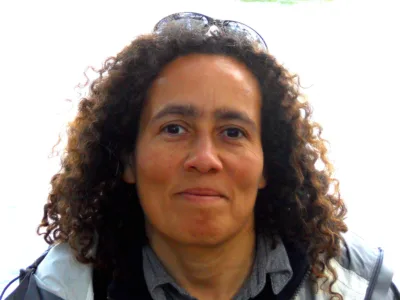
Neta Crawford
Neta C. Crawford is professor and chair of political science at Boston University. She co-directs the Costs of War Project based at Brown and Boston Universities. Neta is a member of the Board of the Council for a Livable World and of the Committee on International Security Studies of the American Academy of Arts and Sciences. In 2018, the International Ethics Section of the International Studies Association presented Neta with their Distinguished Scholar Award. Her books include Accountability for Killing: Moral Responsibility for America’s Post-9/11 Wars.
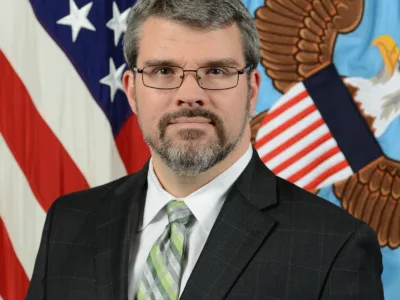
John Conger
John Conger is Director Emeritus of the Center for Climate and Security, Senior Advisor to the Council on Strategic Risks, and Senior U.S. Advisor to the International Military Council on Climate and Security. Conger previously served as the Principal Deputy Under Secretary of Defense (Comptroller) and the Acting Assistant Secretary of Defense (Energy, Installations and Environment). Before his appointment at DoD, Mr. Conger served for 12 years on legislative staffs in the U.S. Congress, including as Professional Staff for the House International Relations Committee.
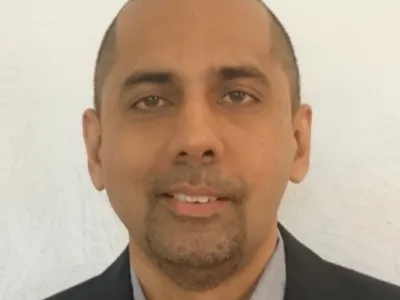
Sarang Shidore (Moderator)
Sarang Shidore is Director of Studies at the Quincy Institute and Senior Research Analyst at the Lyndon B. Johnson School of Public Affairs at the University of Texas at Austin. His areas of research and analysis are geopolitical risk, grand strategy, and energy/climate security, with a special emphasis on Asia. Sarang holds a master’s in international studies and diplomacy from the School of Oriental and African Studies (SOAS), University of London, and two master’s degrees in engineering from the University of Texas at Austin and Texas A&M University.
